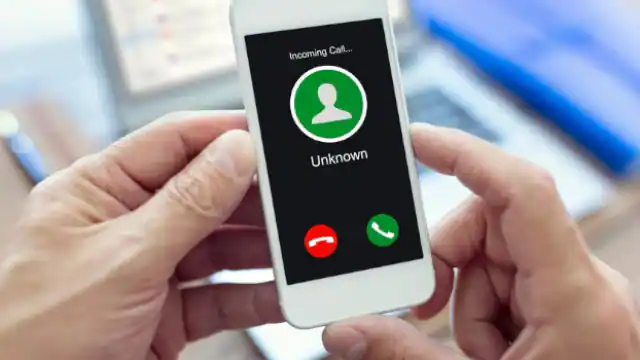In the fast-paced digital landscape of Japan, the ubiquity of mobile phones has become an integral part of daily life. However, with the convenience of constant connectivity comes the challenge of dealing with unknown callers. The 0120 925 527 code, often shrouded in mystery, raises questions about caller identification and privacy. In this comprehensive guide, we delve into the intricacies of this code, the impact of unknown calls, and safety measures for users.
Japan’s Caller Identification Challenges
Japan, with its advanced telecommunications infrastructure, faces unique challenges in implementing an efficient caller identification system. The 0120 925 527 code adds a layer of complexity, leaving many users puzzled about the origin and intent behind such calls. Understanding the intricacies of Japan’s caller identification protocols is crucial for navigating the digital communication landscape.
Analyzing Call Patterns in Japan
To unravel the mystery behind the 0120 925 527 code, it’s essential to analyze call patterns prevalent in Japan. Differentiating between legitimate calls and potential scams requires a nuanced understanding of the country’s communication norms. We explore the common characteristics of known call patterns to empower users in identifying and responding to unfamiliar numbers.
The Impact of Unknown Calls on Users
Unknown calls can have a significant impact on users, ranging from mild inconvenience to potential security risks. The constant barrage of unsolicited calls can lead to heightened stress levels and compromise personal information. Examining the psychological and practical implications of dealing with unknown numbers sheds light on the urgency of effective solutions.
Safety Tips for Dealing with Unknown Numbers
In the era of digital communication, safeguarding oneself against unknown calls is paramount. We provide a comprehensive set of safety tips to help users navigate the uncertain terrain of unidentified numbers. From verifying caller details to utilizing call-blocking features, these proactive measures empower users to protect their privacy.
Common Reasons for Anonymous Calls
Understanding the motivations behind anonymous calls is key to devising effective countermeasures. Whether it’s telemarketing, phishing attempts, or genuine errors, identifying the root causes enables users to tailor their responses accordingly. Unveiling the common reasons for anonymous calls equips individuals with the knowledge needed to discern the nature of incoming calls.
How to Block and Report Unwanted Calls
Empowerment in the digital age involves not only identifying unwanted calls but also taking decisive action against them. We outline practical steps on how to block and report unwanted calls effectively. Leveraging built-in phone features and third-party applications, users can regain control over their communication channels.
Legal Aspects of Anonymous Calling in Japan
Navigating the legal landscape surrounding anonymous calling is crucial for both users and service providers. We delve into the legal aspects governing anonymous calls in Japan, exploring existing regulations and potential developments. A clear understanding of the legal framework enhances users’ ability to seek recourse and protection.
Staying Informed: Updates on Call Privacy Laws
In a rapidly evolving digital environment, staying informed is paramount. We provide insights into the latest updates on call privacy laws in Japan, shedding light on any amendments or new regulations that may impact users. Regularly updating one’s knowledge ensures proactive adaptation to the changing dynamics of caller identification.
Conclusion
In conclusion, the 0120 925 527 code represents more than just a series of digits; it symbolizes the challenges and nuances of caller identification in Japan’s digital landscape. By understanding call patterns, implementing safety measures, and staying informed about legal aspects, users can reclaim control over their communication experiences.
FAQs
Q: Can anonymous calls be completely blocked on mobile phones?
A: While complete blocking is challenging, utilizing call-blocking features and third-party apps can significantly reduce the frequency of anonymous calls.
Q: Are there specific laws against anonymous calling in Japan?
A: Yes, Japan has regulations governing anonymous calling, and staying informed about these laws is crucial for user protection.
Q: Do all unknown calls pose a security risk?
A: Not necessarily. Some unknown calls may be genuine, but it’s essential to exercise caution and verify caller details.
Q: How often are call privacy laws updated in Japan?
A: Call privacy laws can undergo regular updates, and users should stay informed about any changes to ensure compliance.
Q: Can reporting unwanted calls lead to legal action against the caller?
A: Depending on the nature of the call, reporting unwanted calls may contribute to legal actions, especially in cases of harassment or fraud.
